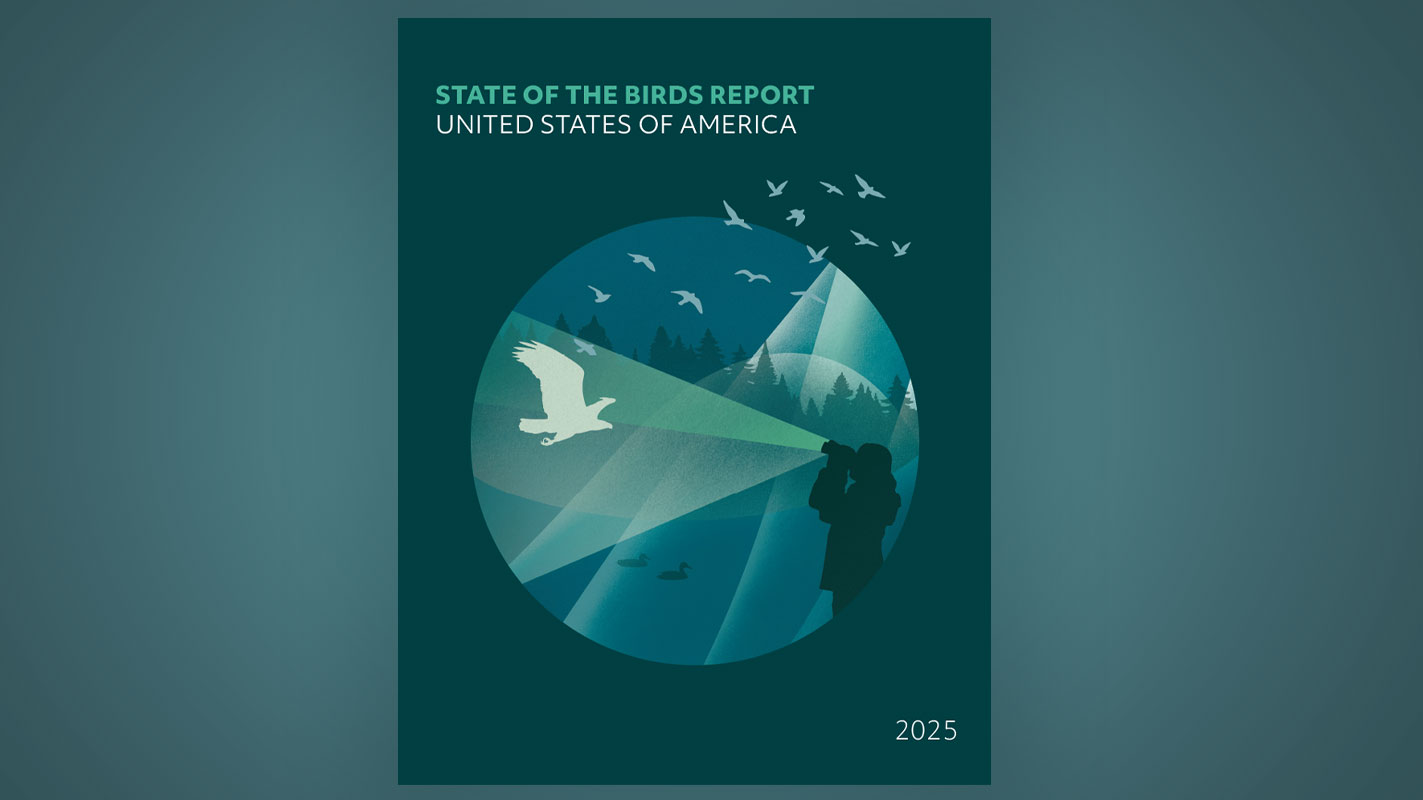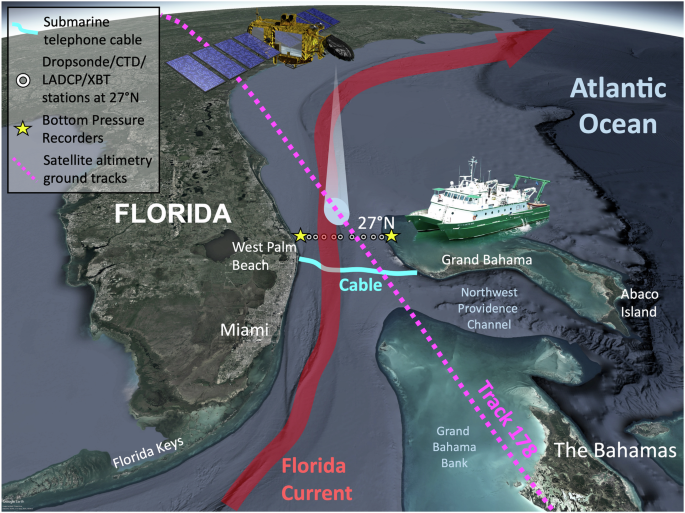farewell
goodbye friends!
- 9 Posts
- 9 Comments
Which part?

 1·6 months ago
1·6 months agoMy mind went to that paper, too.
It made me rethink exactly what collapse would look like on a societal level:
The “little” klaxons are constantly blaring, but now I think we will get less “proper” warning signs than I had expected before we’re in over our heads. The places we expect to starve will starve, and then rather suddenly the richer countries will joining them too. Not much of an in-between phase.
Everything is generally (and “properly”) fucked up right now, but even so I’m not sure that most of us really appreciate what we’ve got. I know I can still find it a challenge sometimes.

 4·6 months ago
4·6 months agoSmoke 'em if you got 'em.
Is what I’m always telling myself. (And thankfully, I got 'em.)

 2·6 months ago
2·6 months agoOur results show that achieving the Paris Agreement goal of a 2 ∘C temperature increase is only feasible for low emission scenarios and if ECS is lower than 3.5 ∘C. With an ECS of 5 ∘C, peak warming in all considered scenarios more than doubles compared to an ECS of 3 ∘C. Approximately 50% of this additional warming is attributed to positive climate–carbon cycle feedbacks with comparable contributions from CO2 and CH4.

 2·6 months ago
2·6 months agoGood summary on the topic. Concise, but technical enough to give it gravitas. And it starts with a great ELI5:
Daniel Yergin argues this isn’t a transition but an energy addition—renewables are stacking on top of still-growing fossil fuel use. Net zero isn’t happening.
While theoretically industry demands can eventually be met with a mostly electrified grid, it is a very long way out. The article only touched on it but in many places all of the transmission lines would need to be upgraded. And then each industry would need revamped. Furnaces are being electrified, but not overnight. These are long-term, capital-intensive processes.
You also can’t simply add solar panels to a grid (even after upgrading the lines), you have to have backup ready to keep the grid parameters nominal - which is usually LNG because it is ideal for turning on and off quickly. The hope is that batteries can take over but that’s not going to happen any time soon. There’s too many gaps, too many expenses, and not enough global cooperation. So we use LNG which gives us another excuse to extract and even subsidize more oil. I guess it’s better than coal or more oil, but not by much.
The only thing that is going to make a difference here is curbing demand. Obviously that is easier said than done, but it’s the unfortunate truth imo.
These were cool graphics:



 1·7 months ago
1·7 months agoI don’t agree better communication will help at all. It doesn’t overcome willful ignorance and stupidity.
I believe language is powerful, and lack of appropriate language can be a real impediment.
However I have to agree with you that better communication won’t help in this case, but not because of “stupidity.” Modern society is constructed to subject us, including training us to become the perfect subjects. And if you don’t buy into your life becomes much more difficult.
A superego control system built on Id-like manipulation (starvation, imprisonment, poverty, shunning) presides over us and often dictates that we go against our better interests, in service of capital and successional powers.
There are many smart people around us imo, wearing masks wrought in fear. Popular society is like a cult, and the rat race is real. Fall behind - or stick out - too much and you’ll find yourself in a meatgrinder.
In some cases I think maturation of wisdom and intelligence is literally inhibited because of the pressures against it. “Curiosity killed the cat,” “the good die young,” the warnings are abound. Writ in literal blood no doubt. Which all seems absurdly dystopian to me but I digress.
These are Cipolla’s five fundamental laws of stupidity:
I get the attitude but I don’t think “stupidity” is a good way to frame anything. It’s being edgy for the sake of attention and that’s not going to help anything.
- A stupid person is a person who causes losses to another person or to a group of persons while himself deriving no gain and even possibly incurring losses.
The definition of stupidity is not productive. There are many reasons why a person would act in a way leading to these outcomes such as a lack of education, and they are remediable. However claiming that…
A stupid person is the most dangerous type of person.
…promotes essentialism of this concept of stupidity, creating a framework wherein the stupid cannot be separated from the person. This won’t lead anyone toward fixing the situation by addressing issues like lack of access to good education, food access, and healthcare - it only leads toward these “stupid” people becoming victims of oppression and crime.
As for the article posted…
There has been some backlash to the idea of the polycrisis. The historian Niall Ferguson has described it as “just history happening”. The political scientist Daniel Drezner says its proponents “assume the existence of powerful negative feedback effects that may not actually exist” – in other words, when crises overlap, the outcome might not always be bad (for instance, the pandemic lockdowns might have had some short-lived environmental benefits). Some point to past crises as evidence that what we are experiencing is not new.
These are secular ways to say “We can’t know everything so I’m just going to let Jesus take the wheel.” Or perhaps, “I can’t bring myself to confront the consequences of my lifestyle, so I’m just going to let Jesus take the wheel.”

 3·1 year ago
3·1 year agodeleted by creator

 1·1 year ago
1·1 year agodeleted by creator

 7·1 year ago
7·1 year agodeleted by creator

 25·1 year ago
25·1 year agodeleted by creator

 28·1 year ago
28·1 year agodeleted by creator

 2·1 year ago
2·1 year agodeleted by creator
deleted by creator

 1·1 year ago
1·1 year agodeleted by creator

 1·1 year ago
1·1 year agodeleted by creator







Oh, I see.
James Hansen is highly credible, at least as credible as anyone else out there. He seems to enjoy a great degree of freedom at Columbia - but they are still his employer. If his work suddenly took an inexplicable shift toward the mainstream I would consider that a sign that he’s receiving more pressure. For now his work is still very damning of the mainstream climate consensus and the political/economic status quo.
Columbia itself (i.e. the admins), not so credible.
Good on you for asking and for keeping your guard up. Hansen has had a very public career and he is commonly discussed in climate collapse groups. It probably won’t be the last time you see his name so it might be worth looking into him through other resources and forming your own opinion.
As for Columbia it seems you’ve already done your research. ;)